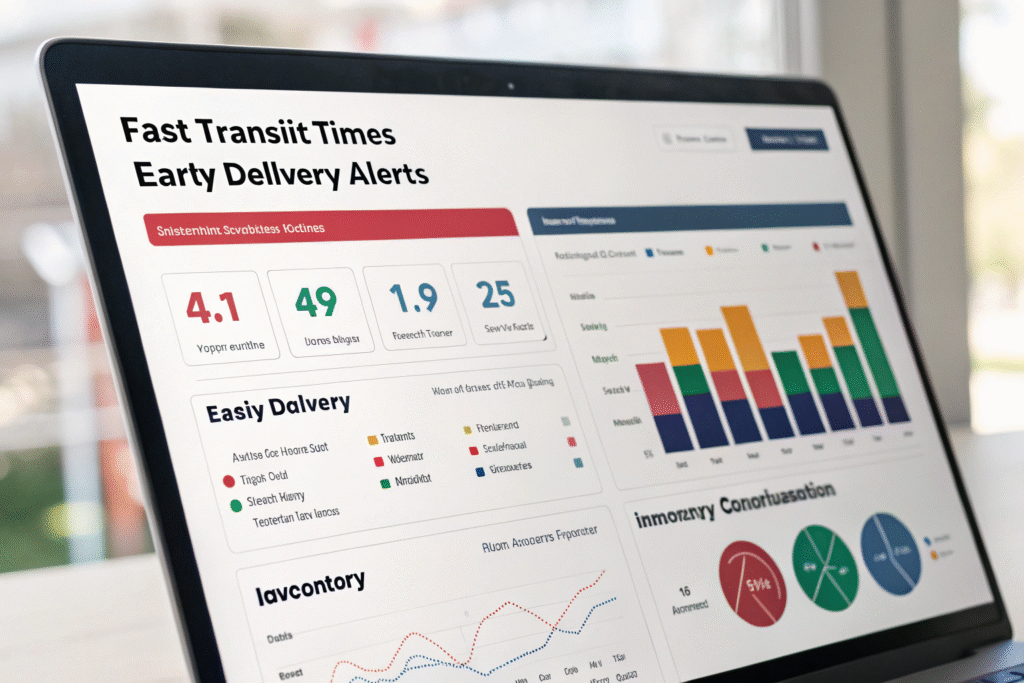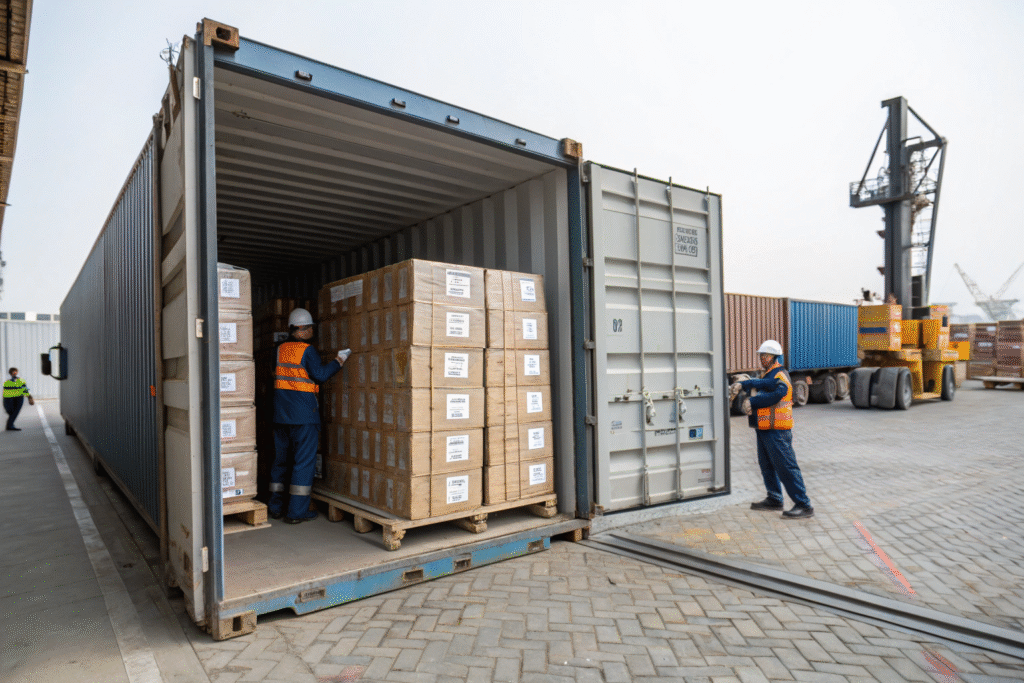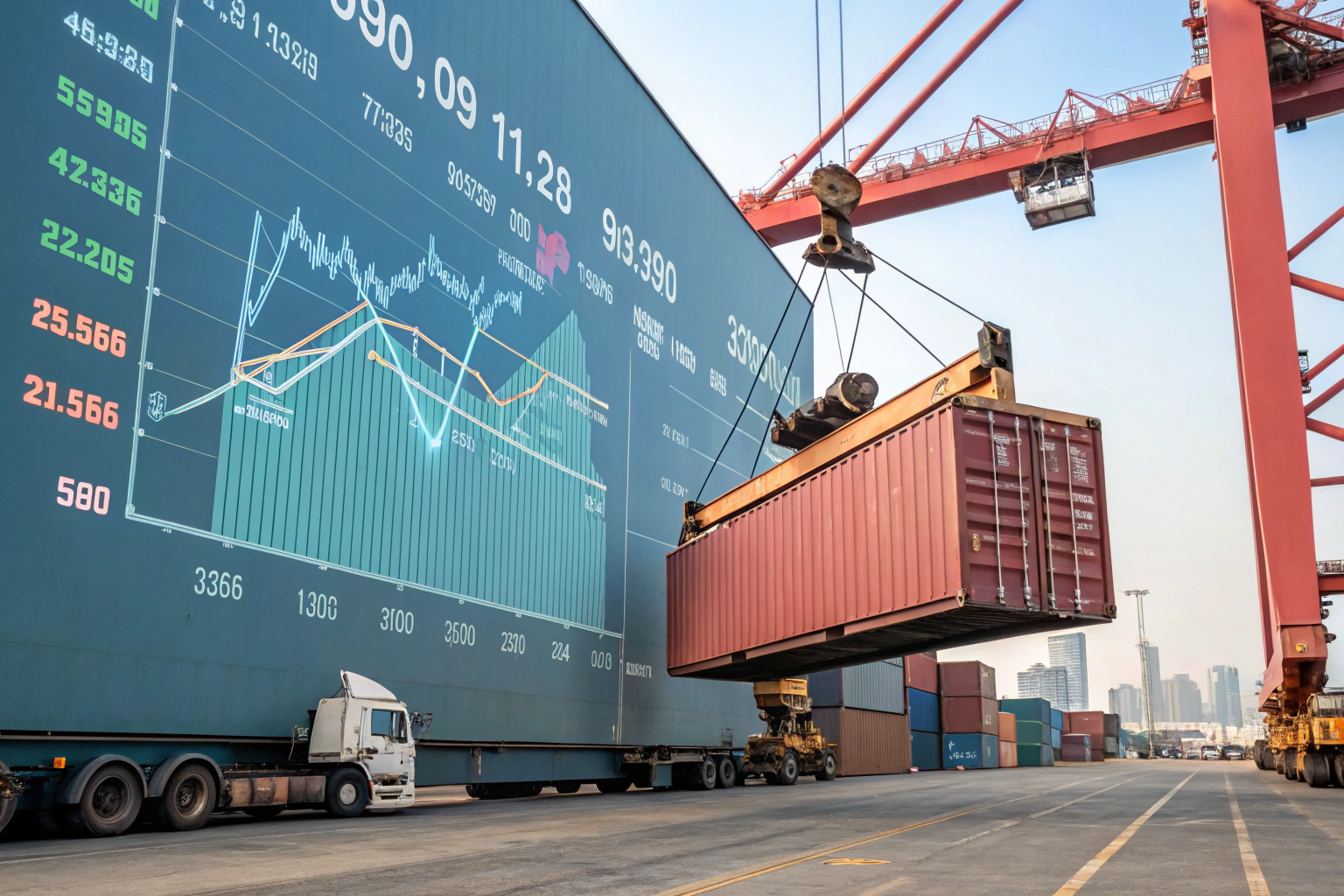For importers like Ron—who manage large shipments from China to the U.S.—cash flow is more than a financial term. It's survival. Shipping delays, surprise fees, or frozen inventory can strangle a company’s operating capital. As a freight forwarder at GeeseCargo, I've seen firsthand how the right logistics partner can actually free up cash, rather than tie it down.
Freight forwarders improve cash flow by offering flexible payment terms, reducing inventory holding costs, speeding up delivery cycles, and optimizing logistics expenses through consolidation and efficient routing.
Your supply chain isn't just a cost center—it's a cash strategy. The right freight partner can help you move more inventory, pay smarter, and protect your margins. Let me show you how we help our clients turn logistics into liquidity.
What Payment Terms Can Help Preserve Cash Flow?
One of the easiest ways we support clients' cash flow is through payment terms. Instead of paying everything upfront, importers get breathing room to sell goods before full payment is due.
Forwarders offer net terms, partial deposits, and milestone billing to help buyers manage shipping costs without draining working capital.

What Are Net Payment Terms in Freight Forwarding?
At GeeseCargo, we offer Net 15 to Net 30 options for qualified clients. This means you receive and even sell your goods before your full freight invoice is due.
Other platforms like Flexport and Freightos offer credit-based logistics where eligible customers can book space and delay payment. This reduces cash stress, especially for high-volume or fast-scaling importers.
Can You Pay in Stages?
Yes. For large shipments or DDP service, we can break your invoice into 2–3 milestones—such as deposit, shipment departure, and delivery.
This segmented approach gives you tighter control of your cash cycle. We customize payment flows through our ERP integrations or via platforms like Resolve for third-party financing.
How Does Faster Shipping Support Cash Flow?
Faster deliveries = faster sales. Cash is tied up in goods while they're in transit. By speeding up that journey, we unlock working capital faster.
Freight forwarders reduce cash lock-in by speeding up shipping, customs clearance, and final delivery.

How Does Reducing Transit Time Free Up Capital?
If it takes 40 days for your shipment to arrive and be sold, that’s 40 days your money is frozen. If we can cut that to 25 days, you can reinvest the same capital sooner—boosting your turnover ratio.
We do this by:
- Choosing faster sailing routes (e.g., direct Shanghai–LA)
- Avoiding congested ports
- Offering air-sea hybrid options for urgent items
Companies like Maersk and DB Schenker offer speed-optimized freight products that reduce capital lock-up.
Can Faster Customs Clearance Help?
Absolutely. We pre-submit all documents via ACE Portal and verify HS codes in advance using HTS Search. This reduces clearance delays that cost both time and warehousing fees.
We also monitor CBP flag risks and use bonded transit when needed to avoid financial blockage at customs.
How Does Consolidation Lower Per-Unit Cost?
Importers often overpay for underused space. One way to protect cash flow is to consolidate small shipments into larger, more cost-effective containers.
Freight forwarders use LCL or multi-supplier consolidation to lower per-unit freight cost and preserve profit margins.

What Is Multi-Supplier Consolidation?
If you're sourcing from several suppliers in China (say, Shaoxing and Yiwu), we collect the goods into our local hub and ship them as one container.
This reduces your cost per cubic meter and allows one customs entry, saving time and duty fees.
We partner with Cainiao and local trucking fleets for smart collection and weekly consolidation schedules.
What’s the Benefit of LCL for Small Businesses?
Less-than-Container Load (LCL) is perfect if you don’t fill a full container. It lets you ship on time without waiting for more volume—keeping your sales engine moving.
We use platforms like ShipHub to compare weekly LCL routes and pick the best carrier based on your cash flow and delivery targets.
How Can Warehousing Strategy Improve Liquidity?
Warehousing isn’t just about storage—it’s about timing. When used right, it can delay duty payments, shorten fulfillment time, and cut down on deadstock.
Freight forwarders offer flexible warehousing that helps reduce stock overage, delays duty payments, and supports just-in-time inventory.

How Does Bonded Storage Help Cash Flow?
With bonded warehouses, you don’t pay customs duties until goods leave for delivery. This defers tax liability and keeps more cash in your hands longer.
Facilities listed by U.S. CBP or in China’s Free Trade Zones (like Ningbo or Xiamen) allow for extended duty deferment, especially helpful for high-value textile and accessory shipments.
Can Warehousing Reduce Overstock?
Yes. By storing partial inventory and releasing based on demand, you avoid tying up capital in unsold stock. We connect WMS tools like Logiwa or 3PL Central to your sales platform for real-time inventory decisions.
This keeps your turnover healthy and your storage bills minimal.
Conclusion
Cash flow isn't just about accounting—it's about logistics. At GeeseCargo, we’ve helped clients like Ron unlock cash by structuring smarter shipping cycles, flexible payment terms, and efficient warehousing.
From Net 30 billing to inventory staging and multi-supplier consolidation, freight forwarding done right supports your business liquidity, not drains it. When your goods move strategically, your money flows stronger. Let’s build a shipping plan that fuels your growth, not your debt.









